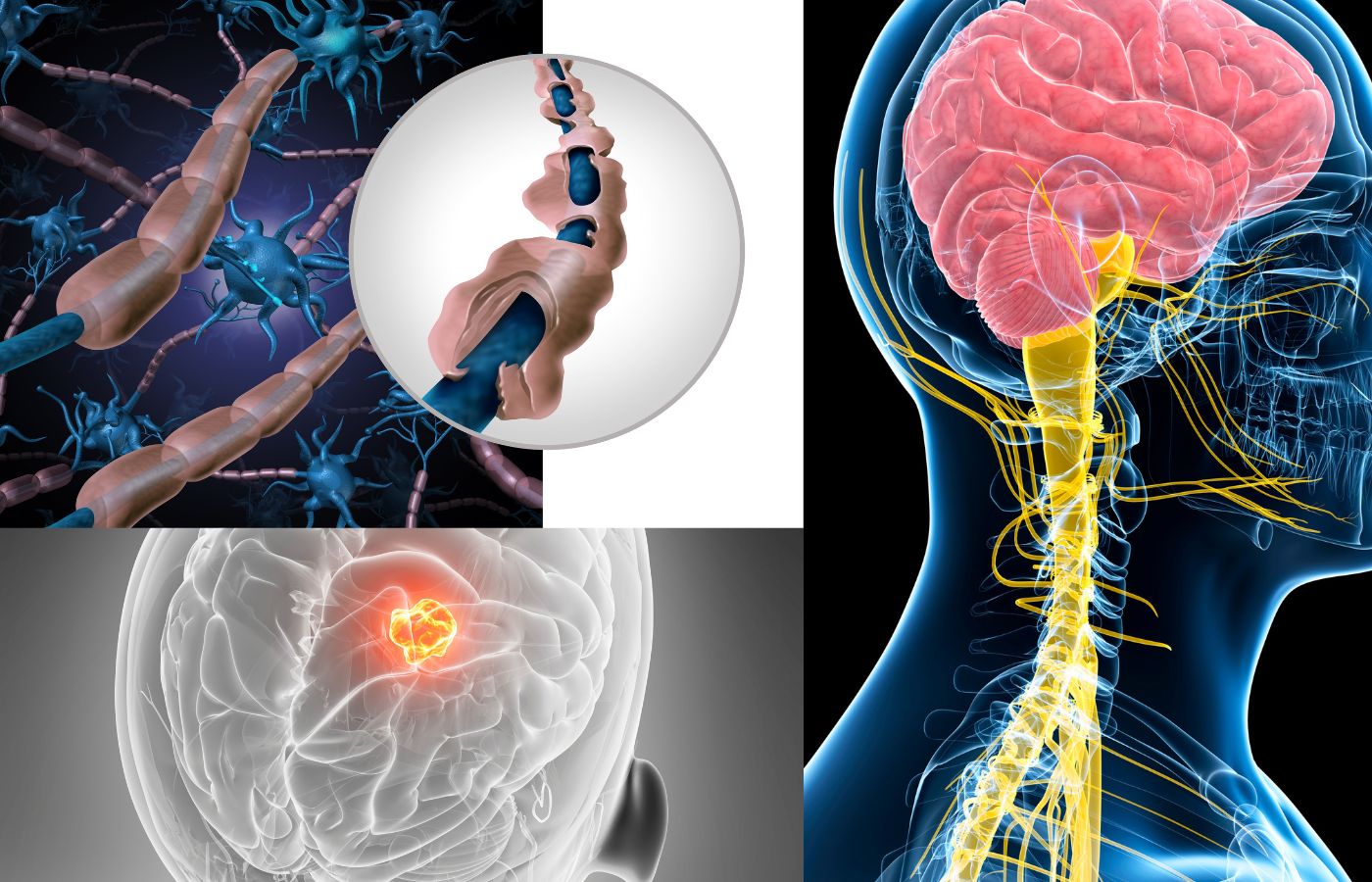
Genetic disorders are medical conditions caused by changes in genes or chromosomes. Many families worry about whether these conditions can be prevented. The good news is that while not all genetic disorders can be fully prevented, modern medical science offers powerful ways to reduce risk and detect problems early.
With advanced genetic testing in Mumbai and improved awareness, individuals and couples can make informed health decisions. Understanding your risk factors is the first and most important step toward prevention.
In this guide, we explain how genetic disorders occur, who is at risk, and what preventive steps are available today.
Genetic disorders are medical conditions caused by changes in genes or chromosomes. Many families worry about whether these conditions can be prevented. The good news is that while not all genetic disorders can be fully prevented, modern medical science offers powerful ways to reduce risk and detect problems early.
With advanced genetic testing in Mumbai and improved awareness, individuals and couples can make informed health decisions. Understanding your risk factors is the first and most important step toward prevention.
In this guide, we explain how genetic disorders occur, who is at risk, and what preventive steps are available today.
Visit Now:- https://www.diagnopein.com
Genetic disorders happen when there is a mutation or abnormality in a person's DNA. These changes may be inherited from parents or occur spontaneously.
Common types include:
Early detection through pathology lab tests in Mumbai plays a major role in managing these conditions effectively.
This is one of the most common questions patients ask. The answer is partly yes.
Complete prevention is not always possible because genes are inherited. However, the risk can often be significantly reduced through:
Book Now :-https://www.diagnopein.com/book-test/Mumbai
Understanding risk factors helps identify who should consider genetic screening in Mumbai.
If genetic conditions run in your family, your risk may be higher. A detailed family medical history is often the first step doctors evaluate.
Women above 35 years have a higher chance of certain chromosomal abnormalities, such as Down syndrome.
Couples planning pregnancy in Mumbai are often advised to undergo early screening in such cases.
Marriages between close relatives can increase the risk of inherited disorders. Carrier screening becomes especially important here.
If you already have an affected child, doctors strongly recommend genetic testing in Mumbai before planning another pregnancy.
Some genetic diseases are more common in specific populations. Screening helps identify hidden risks early.
Modern genetic testing in Mumbai has transformed preventive healthcare. These tests help identify whether a person carries genes linked to inherited disorders.
Book Your Appointment :- https://www.diagnopein.com/book-test/Mumbai
Different tests are recommended based on individual risk and life stage.
Carrier testing checks whether parents carry genes for inherited conditions.
This is one of the most recommended preventive health checkups in Mumbai for couples planning pregnancy.
Performed during pregnancy, this testing helps detect chromosomal abnormalities in the fetus.
Common methods include:
Many expecting parents in Mumbai opt for prenatal screening for peace of mind.
Newborn genetic screening helps detect certain inherited conditions immediately after birth. Early treatment can prevent serious complications.
Hospitals and pathology lab tests in Mumbai now routinely offer newborn screening panels.
This test identifies the risk of developing certain inherited diseases later in life, such as some cancers.
It is becoming increasingly popular in Mumbai among individuals with strong family history.
Testing alone is not enough. Professional counseling helps interpret results correctly.
A qualified counselor at a trusted diagnostic center in Mumbai can help you:
Genetic counseling is strongly recommended before and after testing.
While genes cannot be changed, lifestyle still plays an important role in overall risk reduction.
Preventive healthcare awareness is steadily growing across Mumbai, helping families take proactive steps.
Doctors usually recommend genetic screening in Mumbai for:
Early screening provides more options and better outcomes.
Early identification of genetic risk offers several advantages.
With growing access to genetic testing in Mumbai, more families are choosing proactive screening.
Although genetic testing is powerful, it has some limitations.
Book Your Test :- https://www.diagnopein.com/book-test/Mumbai
Accurate results depend heavily on the quality of the laboratory.
Several reputed providers of pathology lab tests in Mumbai now offer comprehensive genetic testing services.

